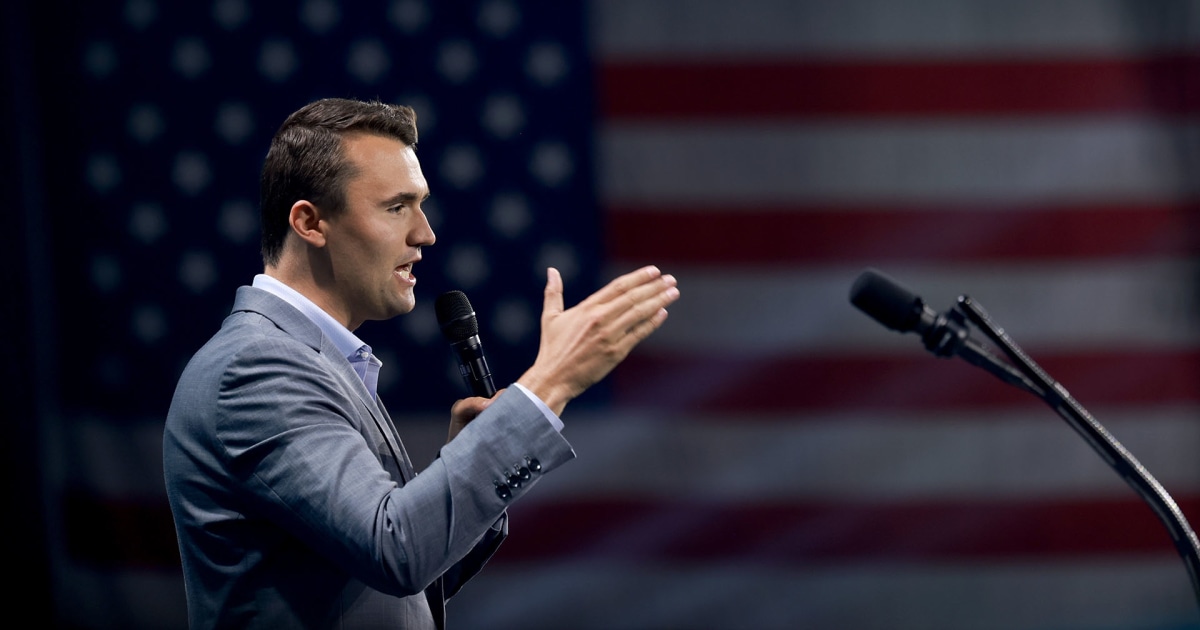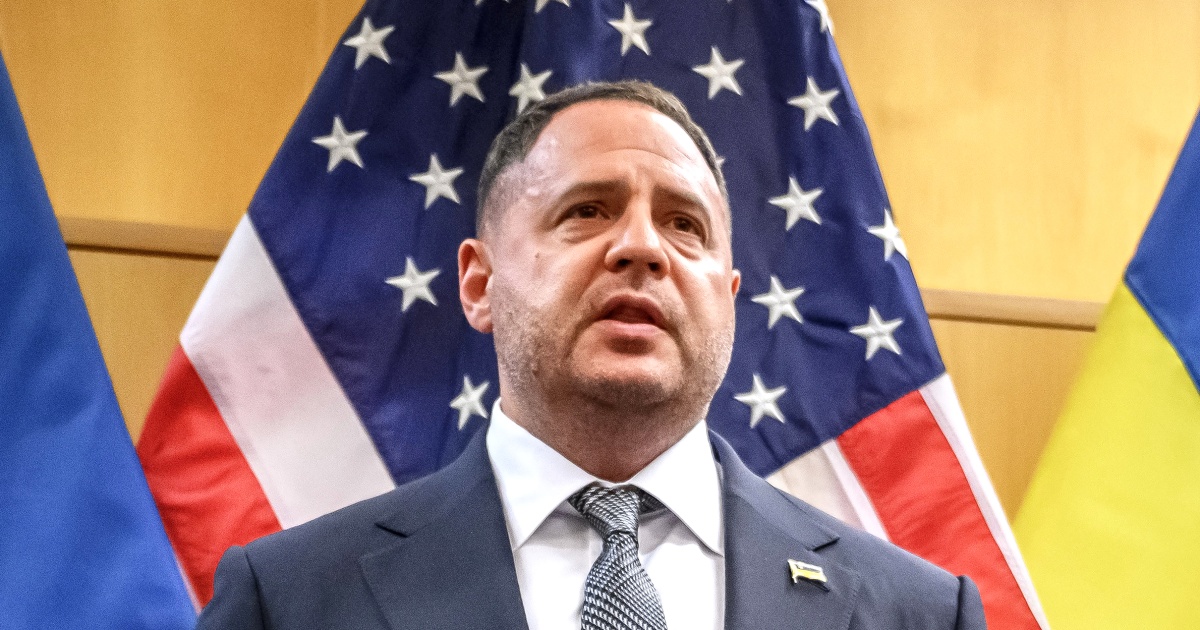President Trump has announced that Israel and Hamas have agreed to the first phase of a peace plan, which would include releasing all of the hostages. This comes just days after the anniversary of the start of the war. NBC News’ Richard Engel and Gabe Gutierrez have more on the announcement.
Source link
Special report: Israel and Hamas agree to first phase of peace plan




